
Source: Bettmann / Getty
Top 10 US Presidents Who Have Lived To Be The Oldest
Longevity has gifted some U.S. Presidents the rare chance to see their legacies evolve while witnessing a world shaped in part by their decisions.
Living to remarkable ages, these leaders carried with them lifetimes of experience, insight, and stories.
The later years of these presidents often reveal unexpected chapters, marked by resilience, wisdom, and continued engagement with the world.
These long-lived leaders had the privilege of observing historical transformations after their terms ended.
For some, longevity brought the opportunity to serve yet again, though often in less formal ways.
RELATED | Donald Trump Re-Elected As 47th President Of The United States
Long after their presidencies, they lent their voices and reputations to fostering global peace, championing human rights, or addressing urgent crises.
Others embraced quieter pursuits, spending time with family, pursuing hobbies, or retreating to nature.
Yet even in these more personal undertakings, they often remained public figures, embodying the values of humility and grace that resonated deeply with their fellow Americans.
Take a look below at the Top 10 US Presidents Who Lived To Be The Oldest.
Top 10 US Presidents Who Have Lived To Be The Oldest was originally published on ronewibc.staging.go.ione.nyc
1. Jimmy Carter – Lived to be 100 years and 90 days
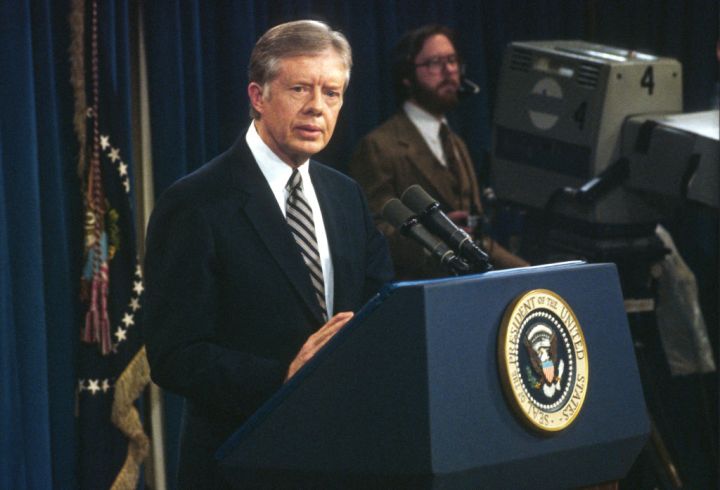 Source:Getty
Source:Getty
Jimmy Carter, the 39th U.S. President (1977–1981), focused on human rights and environmental sustainability. Domestically, he faced economic challenges such as inflation and unemployment, introducing energy reforms to reduce U.S. reliance on foreign oil. On the global stage, Carter brokered the Camp David Accords, a historic peace agreement between Egypt and Israel. However, his presidency was overshadowed by the Iran hostage crisis and a struggling economy, which hurt his public approval. Despite these challenges, Carter’s emphasis on diplomacy and humanitarian efforts shaped his legacy as a leader committed to justice and global cooperation.
Top 10 US Presidents Who Have Lived To Be The Oldest was originally published on ronewibc.staging.go.ione.nyc
2. George H. W. Bush – Lived to be 94 years and 171 days old
 Source:Getty
Source:Getty
George H. W. Bush, the 41st U.S. President (1989–1993), is remembered for his foreign policy leadership during pivotal global events. He oversaw the end of the Cold War and played a key role in unifying Germany after the fall of the Berlin Wall. Domestically, his presidency focused on economic challenges, including efforts to address a recession and a controversial tax increase despite his “no new taxes” pledge. He led a successful international coalition in the Gulf War, liberating Kuwait from Iraqi invasion. Bush’s presidency emphasized diplomacy, coalition-building, and a pragmatic approach to both domestic and international issues, leaving a lasting legacy in U.S. politics.
Top 10 US Presidents Who Have Lived To Be The Oldest was originally published on ronewibc.staging.go.ione.nyc
3. Gerald Ford – Lived to be 93 years and 165 days old
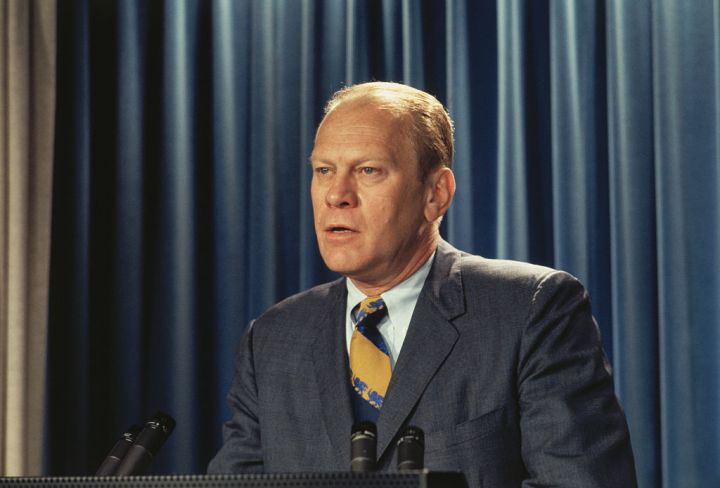 Source:Getty
Source:Getty
Gerald Ford, the 38th U.S. President (1974–1977), assumed office during a turbulent time following the Watergate scandal and Richard Nixon’s resignation. He aimed to restore trust in the presidency, offering transparency and stability. Domestically, Ford faced economic challenges such as inflation and unemployment, leading to policies like the “Whip Inflation Now” program. Internationally, he pursued détente with the Soviet Union and helped advance the Helsinki Accords, promoting human rights. Despite his efforts, Ford’s decision to pardon Nixon was controversial, impacting his political standing. His leadership focused on healing the nation and maintaining steady governance during a critical period.
Top 10 US Presidents Who Have Lived To Be The Oldest was originally published on ronewibc.staging.go.ione.nyc
4. Ronald Reagan – Lived to be 93 years and 120 days old
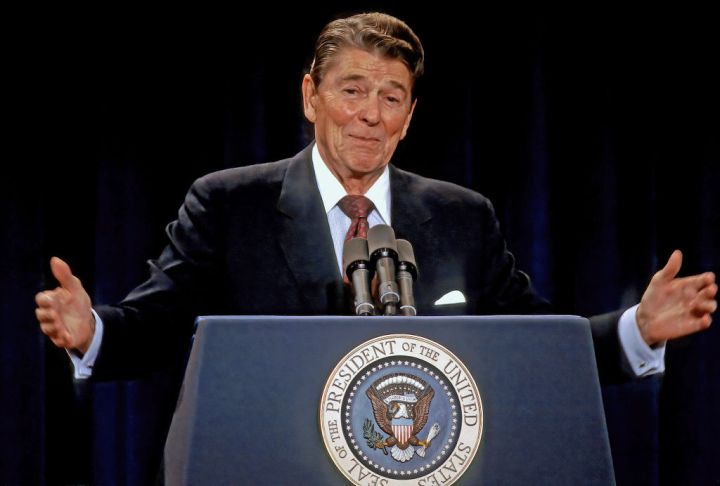 Source:Getty
Source:Getty
Ronald Reagan, the 40th U.S. President (1981–1989), is remembered for his conservative policies and efforts to restore American optimism. Domestically, he implemented Reaganomics, emphasizing tax cuts, deregulation, and reducing government spending to stimulate the economy. On the global stage, he played a key role in ending the Cold War through a strong military posture and diplomacy with Soviet leader Mikhail Gorbachev, leading to landmark arms reduction agreements. Reagan’s presidency reshaped U.S. politics, strengthening conservative ideals and leaving a lasting imprint on both domestic and foreign policy.
Top 10 US Presidents Who Have Lived To Be The Oldest was originally published on ronewibc.staging.go.ione.nyc
5. John Adams – Lived to be 90 years and 247 days old
 Source:Getty
Source:Getty
John Adams, the 2nd U.S. President (1797–1801), faced significant challenges, including the XYZ Affair, which intensified tensions with France and bolstered U.S. support for a stronger navy. Domestically, he faced opposition over the Alien and Sedition Acts, which were controversial for limiting civil liberties. Adams avoided war with France, prioritizing diplomacy, and his presidency strengthened the federal government’s authority. His leadership shaped early U.S. foreign policy and solidified the nation’s commitment to peace and independence.
Top 10 US Presidents Who Have Lived To Be The Oldest was originally published on ronewibc.staging.go.ione.nyc
6. Herbert Hoover – Lived to be 90 years and 71 days old
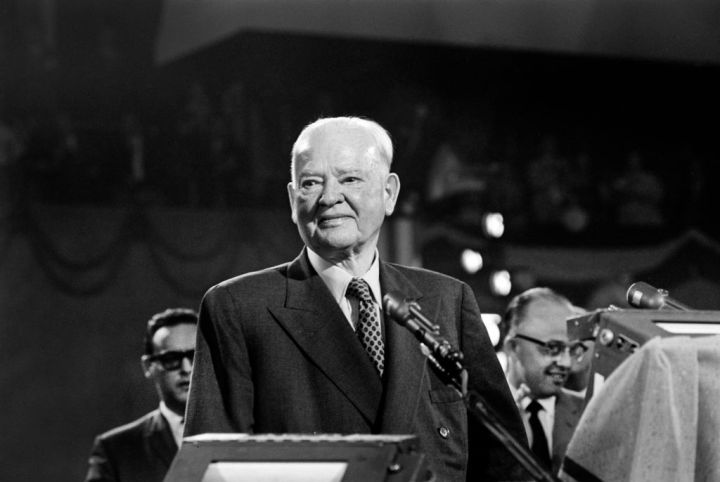 Source:Getty
Source:Getty
Herbert Hoover, the 31st U.S. President (1929–1933), faced the onset of the Great Depression, which defined his presidency. Despite efforts like creating public works projects and the Reconstruction Finance Corporation to stabilize the economy, his policies were criticized as ineffective. His leadership emphasized limited government intervention, which many believed failed to address the crisis adequately. Hoover’s presidency shaped debates over the role of government in economic recovery and left a lasting impact on U.S. politics.
Top 10 US Presidents Who Have Lived To Be The Oldest was originally published on ronewibc.staging.go.ione.nyc
7. Harry S. Truman – Lived to be 88 years and 232 days old
 Source:Getty
Source:Getty
Harry S. Truman, the 33rd U.S. President (1945–1953), guided the nation through the end of World War II and the early Cold War. He is known for authorizing the use of atomic bombs in Japan and implementing the Marshall Plan to rebuild Europe. Domestically, he pursued civil rights reforms and promoted the Fair Deal agenda. His foreign policy achievements include the creation of NATO and the Truman Doctrine, which shaped U.S. containment policy. Truman’s leadership redefined America’s global role and left a lasting impact on U.S. politics.
Top 10 US Presidents Who Have Lived To Be The Oldest was originally published on ronewibc.staging.go.ione.nyc
8. James Madison – Lived to be 85 years and 104 days old
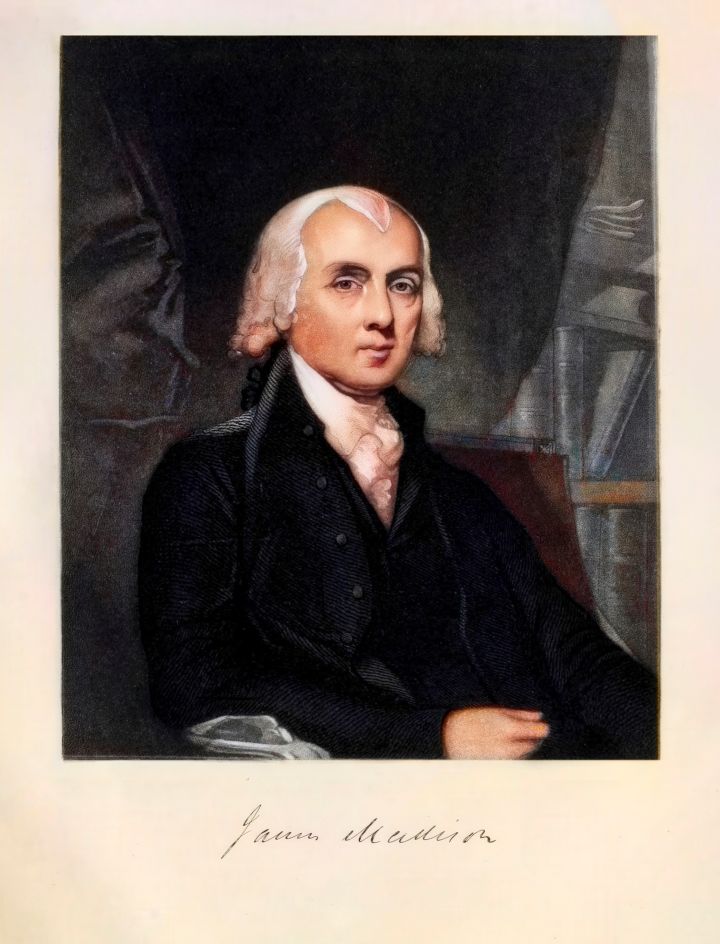 Source:Getty
Source:Getty
James Madison, the 4th U.S. President (1809–1817), is known as the “Father of the Constitution” and for leading the nation during the War of 1812. His presidency saw challenges like British invasions and economic strains but bolstered U.S. nationalism. Domestically, he supported efforts to rebuild the economy and strengthen national defense. Madison’s leadership reinforced the role of a strong federal government and helped define early American identity.
Top 10 US Presidents Who Have Lived To Be The Oldest was originally published on ronewibc.staging.go.ione.nyc
9. Thomas Jefferson – Lived to be 83 years and 82 days old
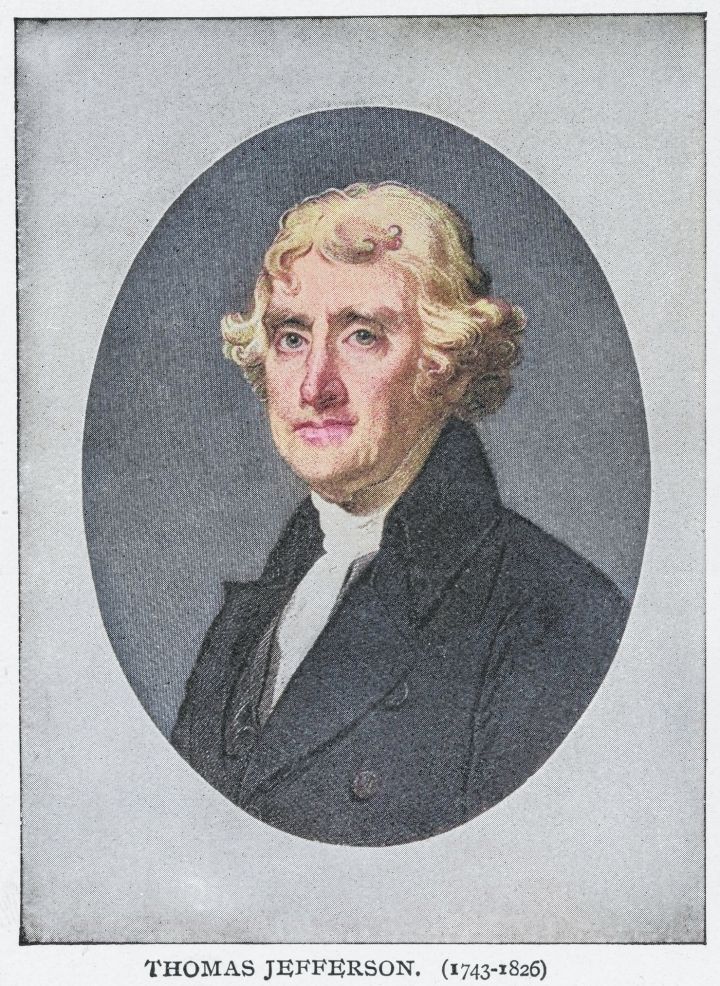 Source:Getty
Source:Getty
Thomas Jefferson, the 3rd U.S. President (1801–1809), is best known for the Louisiana Purchase, which doubled the nation’s size, and his advocacy for limited government. Domestically, he reduced federal debt and repealed unpopular taxes. His foreign policy faced challenges, including managing tensions with Britain and France, leading to the Embargo Act of 1807. Jefferson’s presidency shaped the nation’s expansion and reinforced democratic-republican principles.
Top 10 US Presidents Who Have Lived To Be The Oldest was originally published on ronewibc.staging.go.ione.nyc
10. Richard Nixon – Lived to be 81 years and 103 days old
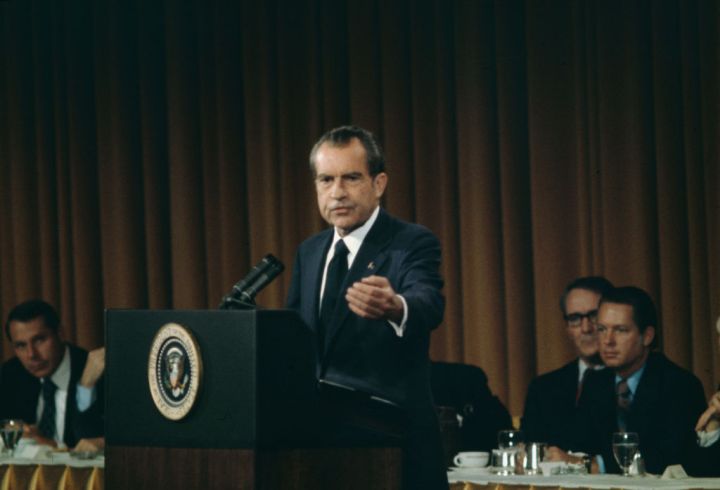 Source:Getty
Source:Getty
Richard Nixon, the 37th U.S. President (1969–1974), is remembered for major achievements and controversy. Domestically, he created the EPA and advanced desegregation. Abroad, he opened ties with China, pursued détente with the USSR, and ended U.S. involvement in Vietnam. His presidency was marred by the Watergate scandal, leading to his resignation in 1974, making him the first U.S. president to step down.
Top 10 US Presidents Who Have Lived To Be The Oldest was originally published on ronewibc.staging.go.ione.nyc




